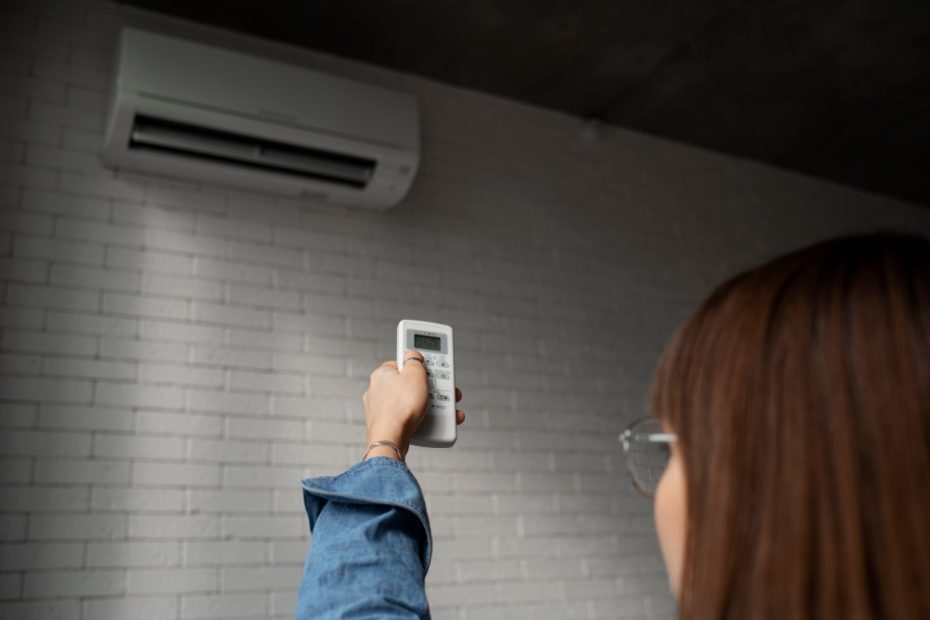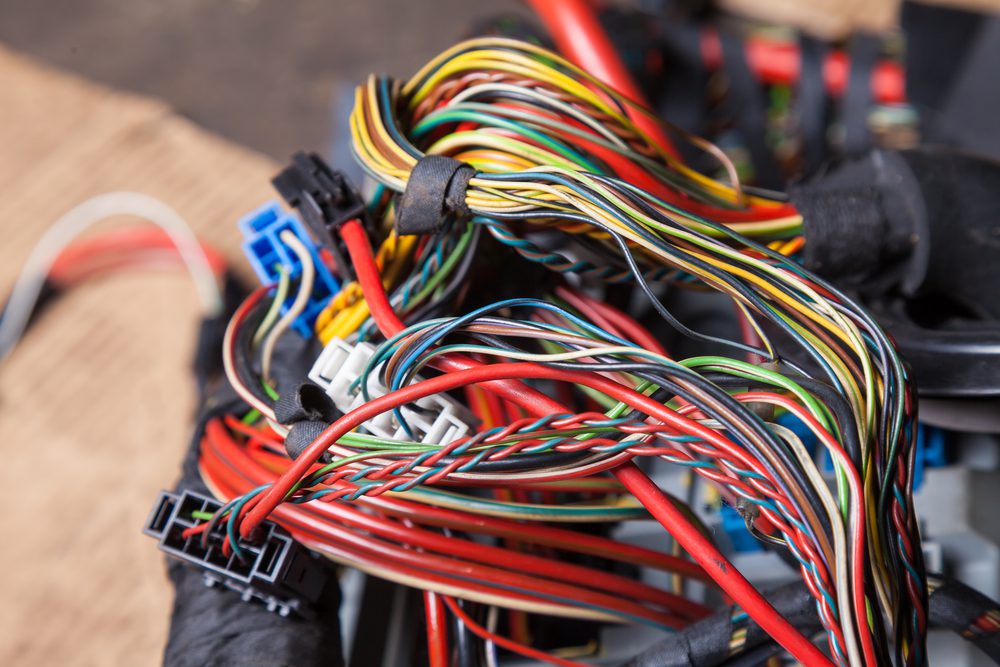What is HVAC system in UK?
A Brief Introduction to HVAC Systems
The concept of HVAC, which stands for Heating, Ventilation, and Air Conditioning, refers to the technology used in controlling and regulating the indoor environment of buildings. HVAC systems are widely used in various settings, including residential homes, commercial buildings, and industrial facilities. In the United Kingdom, where the climate can be unpredictable, HVAC systems play a crucial role in ensuring comfort, indoor air quality, and energy efficiency.
The Components of an HVAC System
An HVAC system consists of several interconnected components that work together to provide heating, ventilation, and cooling. The main elements of an HVAC system include:
1. Heating: This component is responsible for providing warmth during colder months. It can be achieved through various methods such as gas or oil-fired boilers, electric heaters, or heat pumps. The type of heating system used often depends on factors like cost, energy efficiency, and available fuel sources.
2. Ventilation: Ventilation plays a crucial role in maintaining good indoor air quality by removing pollutants, odors, and excessive moisture from the building. It also ensures a steady supply of fresh air, which is essential for the health and well-being of occupants. Ventilation systems can be either natural or mechanical, depending on the building’s design and requirements.
3. Air Conditioning: Air conditioning is responsible for cooling and dehumidifying the indoor air during hot summer months. It typically involves the use of refrigeration technology to lower the temperature and control humidity levels. Air conditioning systems can range from simple window units to more complex central air conditioning systems found in larger buildings.
The Benefits of HVAC Systems in the UK
Having a well-functioning HVAC system in the UK offers numerous advantages for both residential and commercial buildings. Some of the key benefits include:
1. Improved Comfort: HVAC systems allow individuals to maintain a comfortable indoor environment regardless of the outdoor temperature. They provide heating during cold winters and cooling during hot summers, ensuring optimal comfort throughout the year.
2. Better Indoor Air Quality: Proper ventilation and air filtration systems in HVAC setups help remove pollutants, allergens, and odors from the indoor air. This contributes to healthier and cleaner living or working environments.
3. Energy Efficiency: Modern HVAC systems are designed to be energy-efficient, helping reduce energy consumption and utility bills. Energy-saving features, such as programmable thermostats and zoning capabilities, enable users to optimize their energy usage according to their needs.
“An efficient HVAC system not only enhances comfort but also plays a significant role in maintaining good health and productivity levels within a building.” – HVAC Expert
4. Noise Reduction: HVAC systems are engineered to operate quietly, providing a peaceful indoor environment free from distracting noise. This is especially important in settings such as offices, schools, and healthcare facilities where noise can impact concentration and overall well-being.
5. Increased Property Value: Properties equipped with well-designed and properly functioning HVAC systems often have higher market value. Potential buyers or tenants recognize the long-term benefits and comfort provided by an efficient HVAC system.
In conclusion, HVAC systems are crucial for maintaining comfortable and healthy indoor environments in the UK. By combining heating, ventilation, and air conditioning technologies, these systems provide year-round comfort, improved air quality, and energy efficiency. Whether in residential, commercial, or industrial settings, having a reliable HVAC system is essential for creating a pleasant and productive space.
Why do Brits not have air conditioning?
High costs and limited need
In the United Kingdom, air conditioning is less common compared to countries with warmer climates. This can be attributed to a combination of factors, including the high installation and maintenance costs associated with air conditioning systems. Due to the relatively mild summers in the UK, many Brits feel that investing in air conditioning is unnecessary.
Historical architectural constraints
Another reason for the lack of widespread air conditioning in the UK is the historical architecture of buildings. Many older properties were constructed without considerations for cooling systems, making it difficult and expensive to retrofit air conditioning units. This is especially true for listed buildings, where alterations to the original structure are heavily regulated.
Cultural climate preferences
The British culture also plays a role in the limited use of air conditioning. Traditionally, the British have adapted to the climate by embracing natural ventilation methods, such as opening windows and utilizing fans. This preference for fresh air and natural cooling methods has been ingrained in the culture and continues to influence the attitude towards air conditioning.
Environmental concerns
Furthermore, the growing awareness of environmental issues and energy consumption has influenced the reluctance to adopt air conditioning in the UK. Air conditioning units consume a significant amount of electricity, contributing to greenhouse gas emissions. Brits, in general, tend to prioritize energy efficiency and sustainable living, which may deter them from using air conditioning systems.
“British culture values fresh air and natural cooling methods, which makes air conditioning less popular.”
It is worth noting that while air conditioning might not be prevalent in residential buildings, it is more commonly found in commercial spaces such as offices, shopping centers, and hotels. These establishments often require cooling systems to ensure comfortable working and shopping environments for employees and customers.
In summary, the limited use of air conditioning in the UK can be attributed to factors such as high costs, historical architectural constraints, cultural preferences, and environmental concerns. While air conditioning may not be as widespread as in other countries, it is still present in certain commercial settings where the need for cooling is more pronounced.
Is Air Conditioning Banned in the UK?
Contrary to popular belief, air conditioning is not banned in the UK. However, there are certain regulations and guidelines in place to ensure its responsible use and minimize its environmental impact.
Environmental Impact and Regulations
The use of air conditioning systems can contribute to greenhouse gas emissions and energy consumption. In order to address these concerns, the UK government has implemented energy efficiency requirements for air conditioning units.
Under the Energy Performance of Buildings Directive (EPBD), all air conditioning systems with a cooling output of more than 12 kW must have regular inspections to assess their efficiency and proper maintenance. These inspections aim to ensure that the systems are operating efficiently and not wasting energy.
Efficient Use of Air Conditioning
To reduce energy consumption and environmental impact, it is recommended to use air conditioning judiciously. Here are some tips for efficient operation:
- Set the temperature wisely: Aim for a comfortable temperature rather than excessively low settings, which can significantly increase energy usage.
- Use timers and programmable thermostats: Set your air conditioning unit to operate when needed, rather than running it continuously.
- Maintain proper insulation: Ensure good insulation in your home or office to prevent cool air from escaping, allowing the system to work more efficiently.
Benefits of Air Conditioning
While there are concerns about energy consumption, air conditioning provides several benefits:
- Improved comfort: Air conditioning can create a comfortable indoor environment, especially during hot summer months.
- Better indoor air quality: Well-maintained air conditioning systems can help filter and remove pollutants, improving the air quality indoors.
- Increased productivity: A comfortable working environment can enhance productivity and concentration levels.
In the UK, air conditioning is not banned, but energy efficiency regulations are in place to ensure responsible usage and reduce environmental impact.



